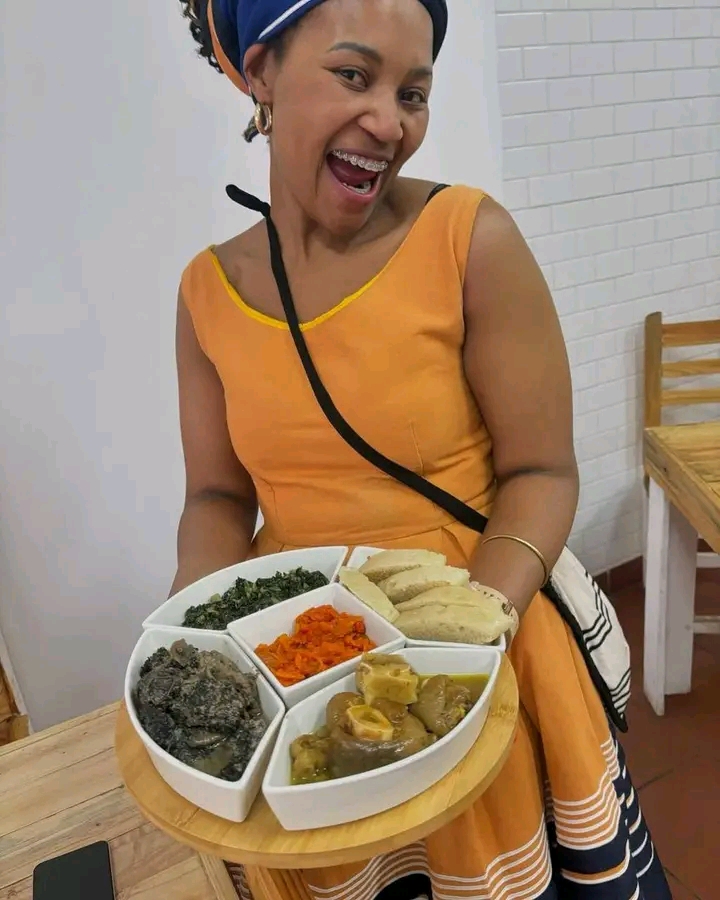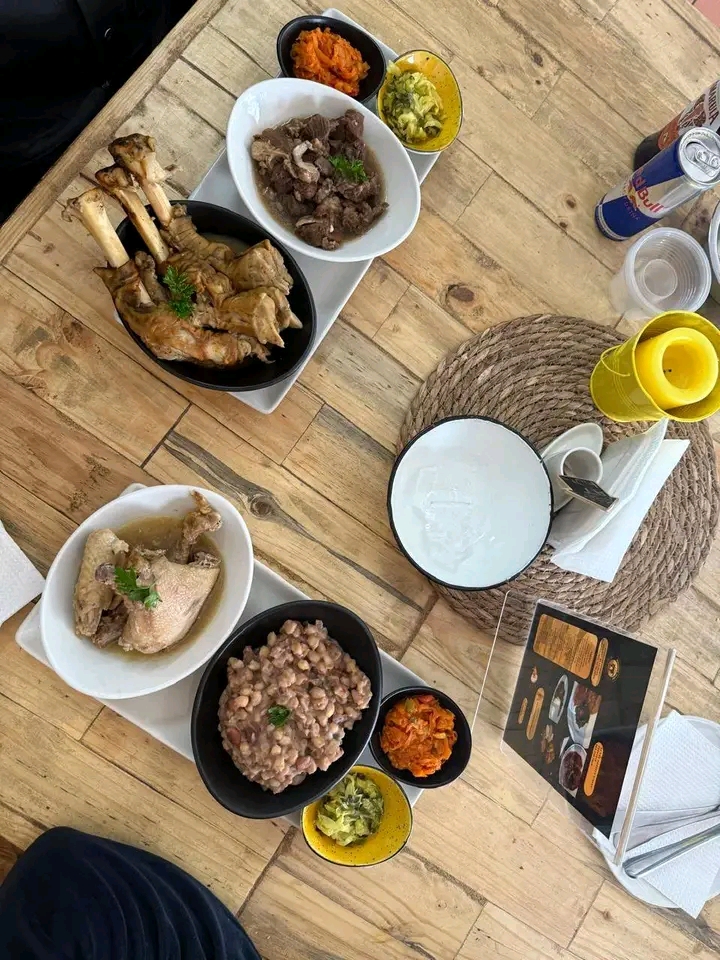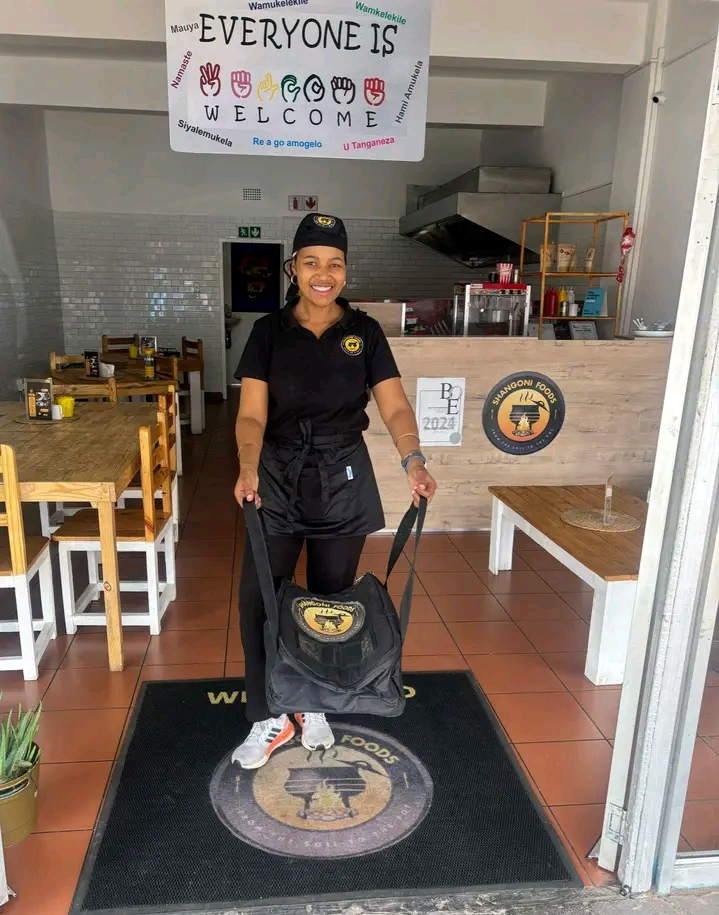Shangoni Foods: How Philisiwe Sigcawu Built a Thriving Brand

Shangoni Foods: How Philisiwe Sigcawu Built a Thriving Brand. In 2020, amidst the uncertainties of the COVID-19 pandemic, Philisiwe Buyaphi Sigcawu, an environmental health and safety manager, recognized a pressing need for financial security. Concerned about potential job loss and being the primary breadwinner, she decided to act. Drawing from her culinary passion nurtured by her mother, grandmother, and aunt, Philisiwe began selling mogodu (tripe) on weekends in Gauteng. This modest side hustle marked the inception of Shangoni Foods.
Identifying a Market Gap
Philisiwe noticed a lack of easily accessible, high-quality traditional African dishes in mainstream retail outlets. She aimed to fill this void by offering authentic, home-cooked meals that resonated with South Africans’ cultural roots. Her vision was to create a “home away from home” dining experience, providing dishes like hardbody chicken (umleqwa), sheep’s head (skopo), and ox head meat (umnqambulo).

Strategic Growth and Diversification
Starting with weekend sales, Philisiwe reinvested her earnings to expand her offerings. She established a butchery and a restaurant in Edenvale, Gauteng, sourcing meat from reputable abattoirs and ensuring quality and hygiene standards. To reach a broader customer base, Shangoni Foods partnered with UberEats, facilitating door-to-door delivery services. Additionally, the business offers catering services for small to medium-sized events, further diversifying its revenue streams.
Embracing Digital Marketing
Understanding the importance of digital presence, Philisiwe leveraged various social media platforms, including Facebook, TikTok, Twitter (X), and WhatsApp, to market her products and engage with customers. This multi-platform approach allowed Shangoni Foods to build a loyal customer base and increase brand visibility.

Overcoming Challenges and Planning for the Future
Balancing her full-time job with her entrepreneurial endeavors, Philisiwe faced challenges in marketing and resource allocation. She acknowledged the need for better marketing strategies to reach her target audience effectively. Looking ahead, her goals include acquiring baking equipment to offer breakfast options, obtaining funding for butchery equipment, and expanding her business to include separate butchery and restaurant facilities. She also aspires to mentor young entrepreneurs and contribute to job creation in South Africa.
Lessons for Aspiring Entrepreneurs
1. Start Small and Scale Gradually: Philisiwe began with weekend sales, reinvesting profits to grow her business sustainably.
2. Identify and Fill Market Gaps: By offering traditional African dishes not readily available in mainstream outlets, she tapped into an underserved market.
3. Leverage Digital Platforms: Utilizing social media and delivery services expanded her reach and customer base.
4. Diversify Offerings: Providing catering services and planning to introduce breakfast options demonstrate adaptability and responsiveness to customer needs.
5. Plan for Long-Term Growth: Setting clear goals for equipment acquisition and business expansion positions Shangoni Foods for sustained success.

Conclusion
Philisiwe Sigcawu’s journey from selling mogodu on weekends to establishing Shangoni Foods exemplifies resilience, strategic planning, and cultural authenticity. Her story offers valuable insights for aspiring entrepreneurs, highlighting the importance of starting small, identifying market needs, leveraging digital tools, and planning for growth. As Shangoni Foods continues to thrive, it stands as a testament to the potential of passion-driven entrepreneurship in South Africa.



